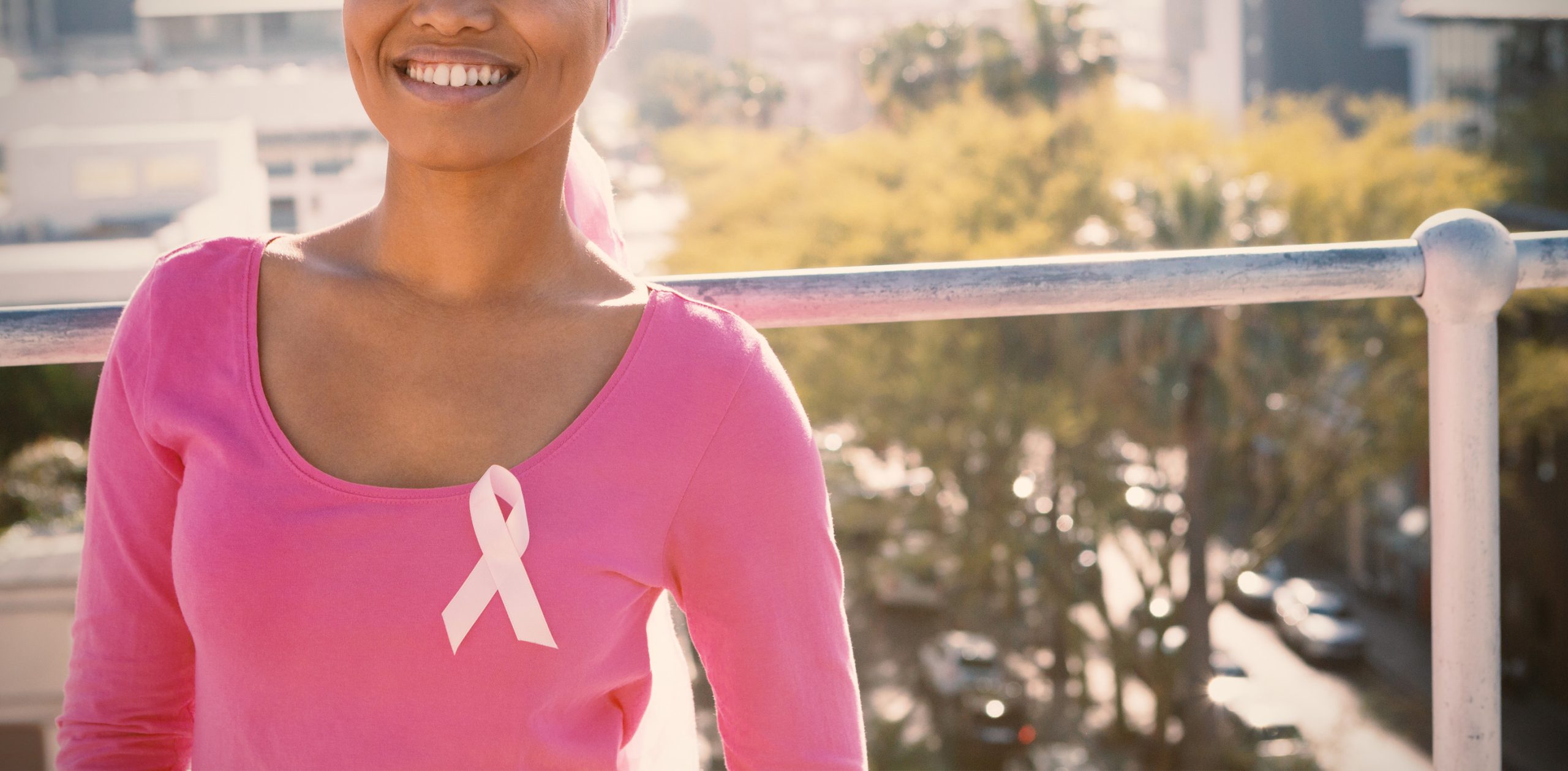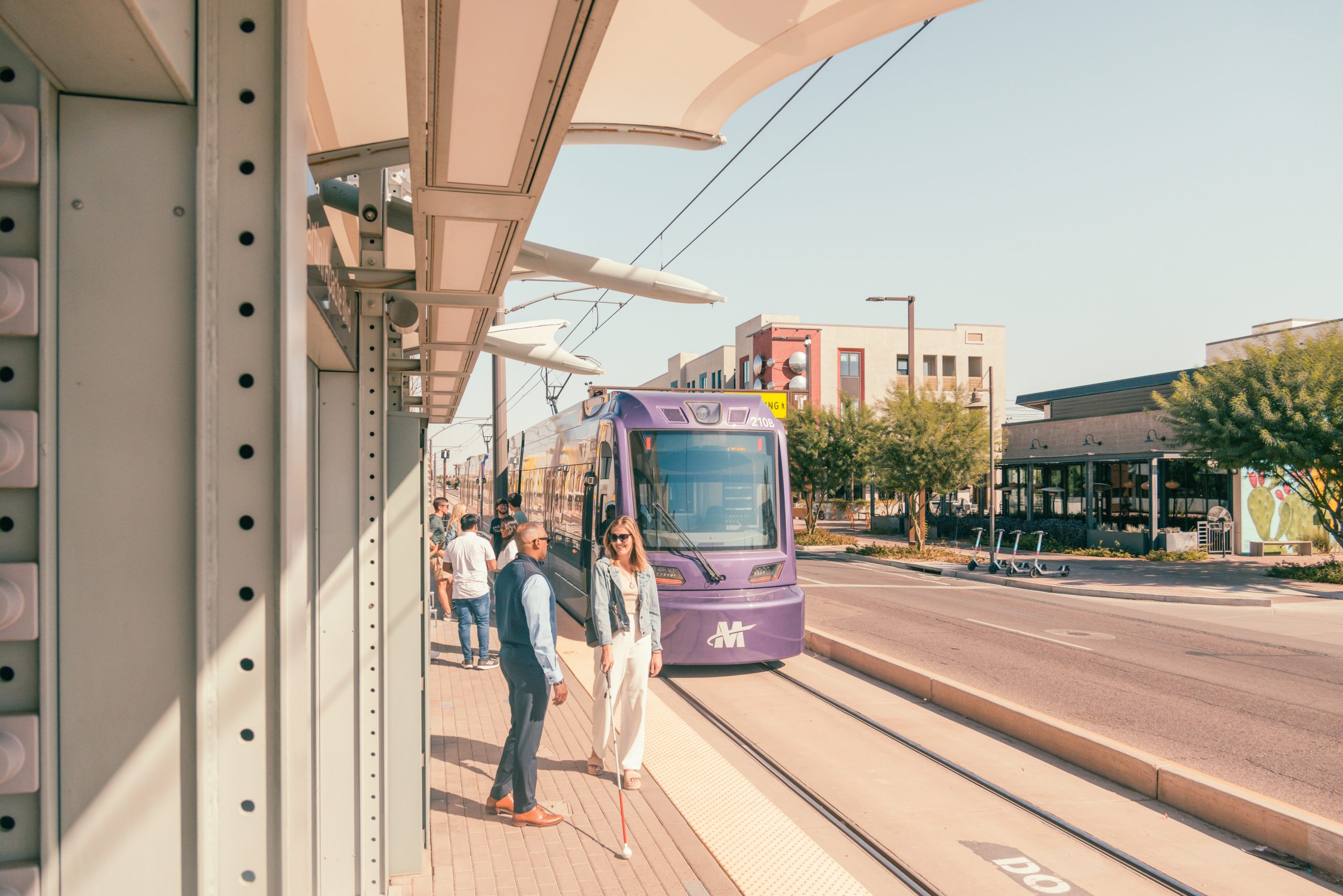Gunter Pauli, author of The Blue Economy, on why blue is the new green.
By Jurriaan Kamp and Marco Visscher
Armed with an MBA from the French business school INSEAD, Gunter Pauli was in his mid-30s when he took the reins at Ecover, the Belgian cleaning products manufacturer that ran into financial difficulties when it expanded internationally too quickly. Pauli, who was responsible for construction of Europe’s first “ecological factory,” left Ecover in 1994 after discovering that cultivation of the palm oil for his products was damaging Indonesia’s primary forests.
Since then, he has been living “on a path that pursues a sustainable world,” he says. The 55-year-old Belgian, fluent in seven languages, has lived on four continents and set up 10 companies. He also supports initiatives that develop sustainable production methods via his foundation ZERI (Zero Emissions Research and Initiatives). Pauli has written 15 books published in 30 languages, including short stories for children about science and technology.
After his pioneering work to encourage green business, Pauli has developed a new vision, which he describes in The Blue Economy: 10 Years, 100 Innovations, 100 Million Jobs. The book has been published in 22 languages. In the blue economy, sustainability is the result of a production process that is just as integrated as an ecosystem. And the use of raw materials is avoided whenever possible, thanks to innovations based on nature.
Your concept of the blue economy is a criticism of the green economy, which is based on human well-being, socio-economic development and environmental protection. What can be wrong with that?
“The green economy has major flaws. We’re asking consumers to pay more and get less quality; we’re asking investors to put up more capital with less return. That may work for a small part of the world population when the economy is doing well. But we’re facing an economic crisis, with high rates of unemployment everywhere, so how can we ever expect anyone to pay more money without getting better quality or to put up more money to settle for lower returns? The way the green economy has been conceived—through higher prices, lower returns, new taxes—is simply not going to work.”
Don’t you think the pioneers of the green economy have made tremendous gains that have benefited us all?
“I’m not declaring the past stupid. What we have today is the best we could imagine. Now, we can tap ourselves on the shoulder and say, ‘Good job. Let’s do more of the same.’ Or we can say, ‘Let’s see if we can do better.’ I think the green economy was an interesting beginning, but at a time of crisis we need to look at a different type of economy, an economy that requires less investment, an economy that provides multiple cash flows and builds up social capital, an economy capable of responding to basic needs with what we have.”
That’s how you came up with the blue economy. What’s the big difference?
“Rather than promising something good downstream, the blue economy produces something good immediately—revenue and jobs. It doesn’t rely on a lot of capital, but on smart innovations that order processes through the wisdom of nature. The blue economy is based on the idea that whatever human beings have as challenges, natural systems have found solutions for them. We only need to examine closely. Once we understand how nature does it, we need to transpose its solution into our modern world and redesign everything. If we embrace nature’s innovations and emulate ecosystem solutions, we’re going to be sustainable with whatever we do.”
Why “blue”?
“Seen from the universe, the Earth is blue. With all the blue water and the blue sky, the Earth is essentially a blue species.”
A blue economy needs businesses. Are there any “blue” businesses?
“Yes, I know of about 100 business models, implemented in different parts of the world, which represent this fundamental shift in the economy. Any business leader or market leader today in any particular segment will find that whatever these businesses are doing has nothing to do with what the large companies are offering.”
Let’s hear an example.
“Take the battery. We’ve all gotten accustomed to the battery. Who can imagine a computer, cellphone or hearing aid without a battery? But natural systems are consistently producing electricity from multiple sources that have nothing to do with batteries, nor with fossil fuels, nuclear plants or wind turbines. What can we learn from a tree that generates electricity due to its weight on rocks? How can we create electricity by generating potassium, sodium and calcium, which is the way our heart works? Once we understand how electricity is generated in ecosystems around the world—from African deserts to Antarctica, from the Amazon rain forest to the waste in our own backyards—we can start redesigning hundreds of products. This is where the greatest opportunity is.”
But green rechargeable batteries are available. Don’t they fix the problem?
“A green battery is still a battery, and all batteries rely on mining and smelting. In a blue economy, we can eliminate this dependency on metals. Not only would we be eliminating the acid lead and cadmium from the batteries, we’d also be eliminating the rare earth metals that we still need for these so-called “green” batteries. That’s why green batteries are never going to be able to contribute to a sustainable world. If you take the battery completely out of the equation, a whole new world emerges.”
Has any of this been implemented?
“The Fraunhofer Institute for Production Technology in Germany already has a cellphone prototype that works without a battery, thanks to a heat exchanger. Most of us wear our cellphones close to the body. The human body is about 37 degrees Celsius, and the outside temperature is usually either much lower or higher. Whenever there’s a three-degree differential between the body and the phone, enough electricity is generated from the heat differential to keep your phone on standby mode. Once you start talking on the phone, your voice is generating major pressure, and the power of your voice will then be converted into electricity. So the louder and longer you talk, the longer your phone call can be. It is proven to work.”
How can ideas like this one be spread?
“First, we can’t impose any of this, and it doesn’t work to be prescriptive. However, we can inspire young people and expose them to all the opportunities, share them and make certain we all understand the fundamental shift in substituting something like the battery with nothing. This shift can unleash a tremendous flow of entrepreneurship anywhere around the world. It’s about a state of mind.”
And it’s about money, too.
“Yes, of course. People who start something new want to know, Where’s the money? And here is one of the major shifts we’re seeing: We have to trust that whatever is occurring, there will be always multiple benefits, just like in natural systems. For example, when you have an opportunity to generate water, at the same time it will be a temperature regulator and UV protection. With the logic of multiple benefits we’re seeing in a natural system, there are opportunities to introduce these innovations and gain multiple benefits, including multiple cash flows.”
This all sounds like a very interesting dream.
“This is not fantasy. This is about a vision that can be translated into reality. One of my mentors once told me that some people dream to escape reality, but I want to dream to change reality. I think that is what we have to propose to young people growing up in this world with high unemployment, a world where we are not able to feed a billion people or provide drinking water to them. To these young people we must say, We can dream and change reality—forever.”
Jurriaan Kamp, editor-in-chief, and Marco Visscher, editor-at-large, have plans to start painting the walls in Ode’s office. Guess what color?











